Phytogenic support for growth performance in aquaculture
High feed intake is a prerequisite for adequate nutrient supply, thus also a basic requirement for supporting a performing gut in aquaculture. When feed intake decreases, nutrient uptake decreases. This results in a lack of important resources for growth performance and resilience. Discover more in this article about phytogenic solutions to tackle this challenges...
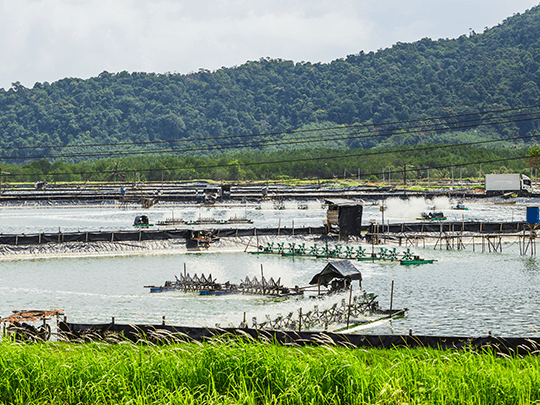
Growth performance in aquaculture is the most frequently used parameter to determine adequate production management. However, it may be affected by different factors: like nutrition, environment, pathogens, or handling.
Maintaining an optimum growth rate during stressful situations – or even promoting it under normal conditions – is one of the main demands in the sector.
“A performing gut is one of the basic requirements for best profitability in aquaculture.“
To support a performing gut …
It is important to provide appropriate, sustainable, and effective solutions to improve efficient uptake and digestion of nutrients. With ensured feed intake, growth performance of fish and shrimp can be improved – for better productivity and profitability
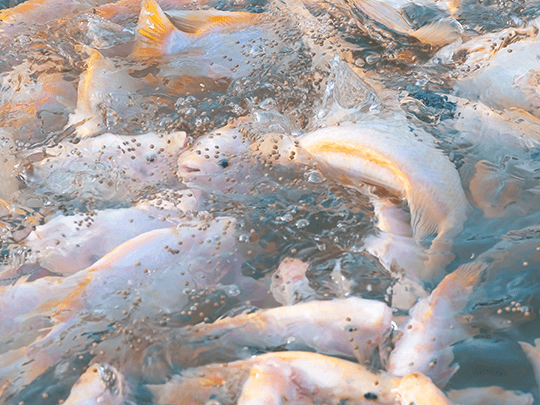
Fast growth – a prerequisite for profitable aquaculture
Not only fish and shrimps suffer from stress factors: Constantly rising raw material prices are increasing the pressure on nutritionists to look for alternative strategies to support the productivity and profitability of aquaculture production.
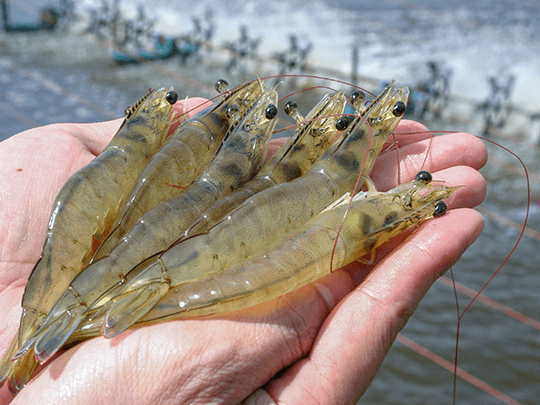
The formula for reducing costs and increasing final production is simple:
By supporting a performing gut and improving the growth of fish and shrimp, the entire production cycle can be shortened, thus saving costs.
Get more phytogenic insights in aquaculture
Phytogenics for performing aquaculture production
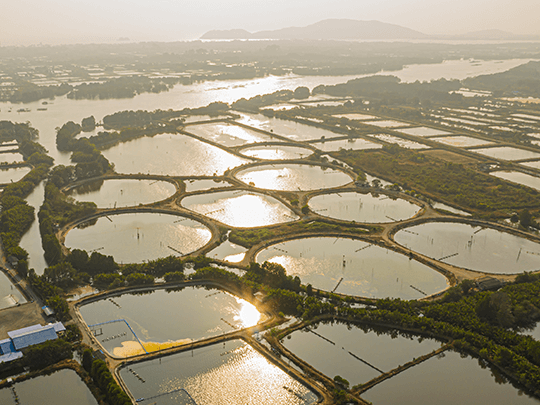
High feed intake is a prerequisite for adequate nutrient supply, thus also a basic requirement for supporting a performing gut in aquaculture. When feed intake decreases, nutrient uptake decreases. This results in a lack of important resources for growth performance and resilience.
By supplementing specific formulated phytogenics in aquaculture, feed intake can be ensured. This contributes to the maintenance of a well-functioning digestive tract. As a result plant-based additives can support growth performance in aquaculture. Thus, specific formulations of selected phytogenics, like saponins, essential oils or spices, are a cost-effective and sustainable method of increasing farm profitability.
“Together with optimal pond and nutritional management, the precise addition of innovative phytogenic solutions can positively influence the performance parameters of fish and shrimp. This may lead to more profitable aquaculture production.“
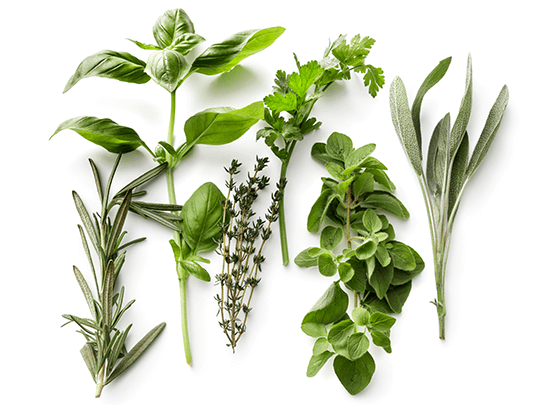
You see, aquaculture faces not only one challenge, but many. To meet the challenges of aquaculture production, a profitable and practical strategy is required.
Due to their various modes of action, phytogenics have the potential to make a significant contribution to the most pressing challenges in fish and shrimp production. Try them and boost profitability and growth performance in aquaculture.
Aqua Kit: Discover more about Aquaculture
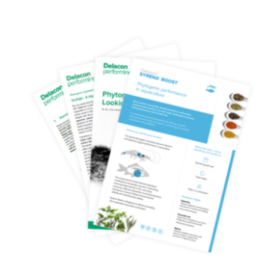
Dive deeper with us into the benefits of phytogenics and experience how the power of nature can be used for modern and efficient aquaculture production.
Discover in this Syrena® Boost product kit:
- Technical article about phytogenics in aquatic species
- 5 facts about aquaculture you probably didn’t know
- Factsheet Syrena® Boost
- Phytogenic ingredients in the spotlight
Request insights about Syrena® Boost and the vast phytogenic universe and contact our experts for more information.
Find out, how phytogenics contribute to solve your challenge in aquaculture production

Anne Oberdorf
Anne has always been fascinated by the unknown, the diversity and beauty of nature. Her love for nature brought her to Delacon in 2018 after studying agricultural sciences, where she worked as Technical Communications Manager and later as Product Manager Aquaculture. Since February 2021, she has been taking a new, natural career path outside of Delacon.










